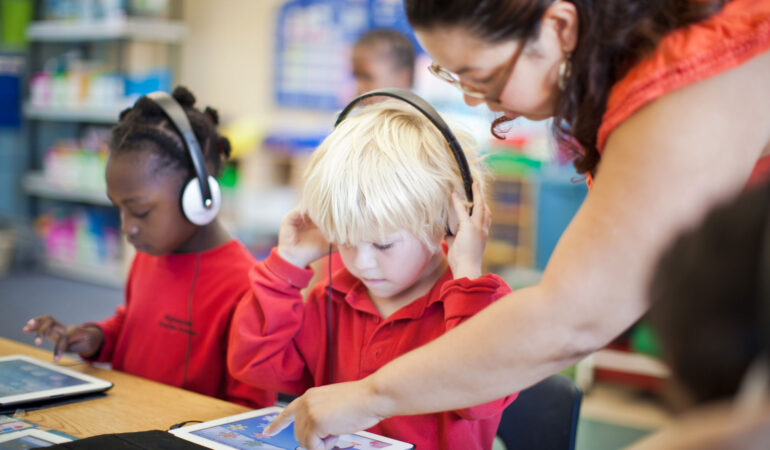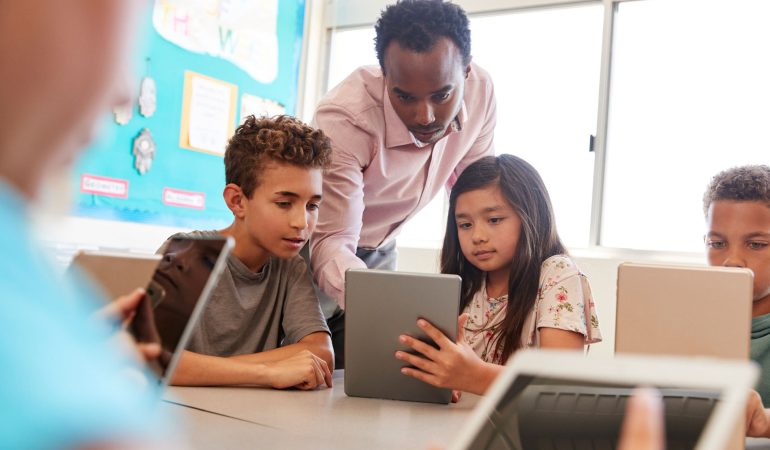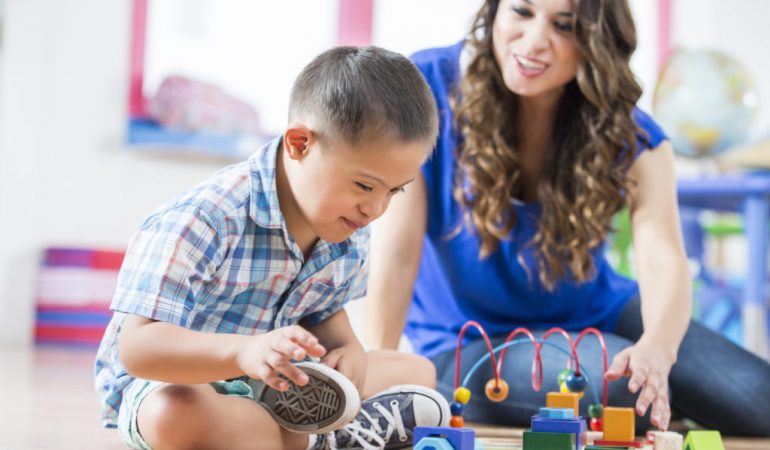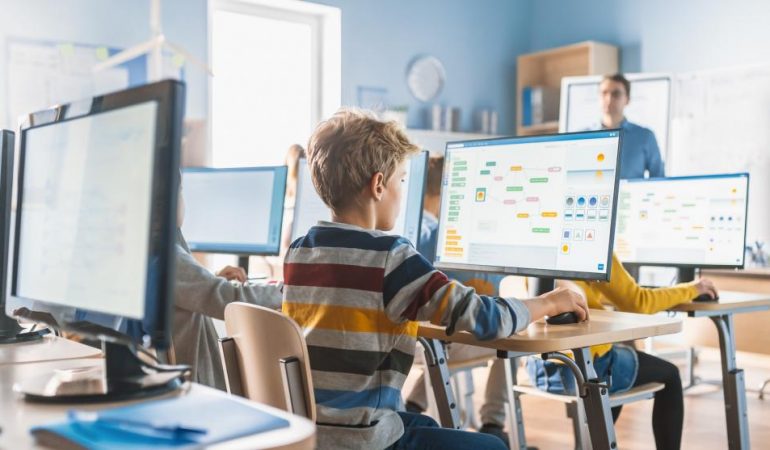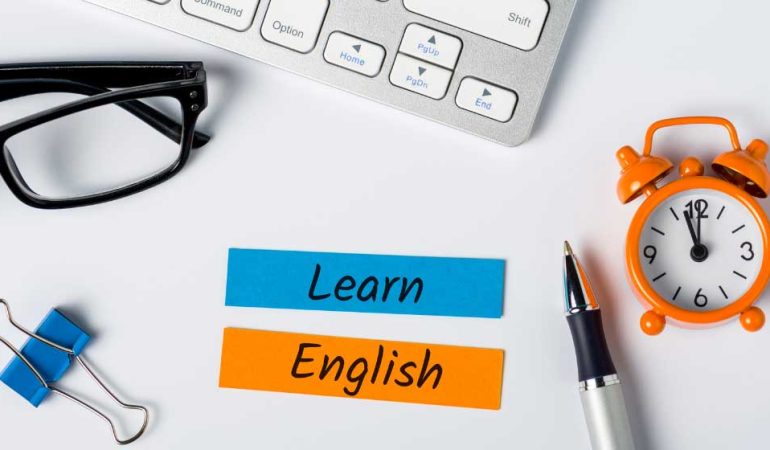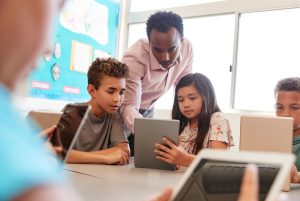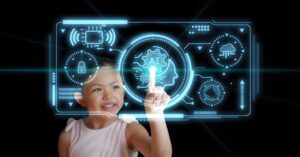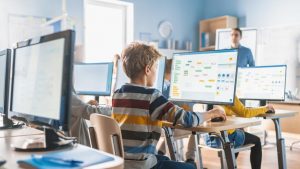Sustainable Education: Climate Change and Eco-Schools
Course Description
This course focuses on enhancing the capacity of educators in sustainability and environmental education, with an emphasis on climate change and Eco-Schools projects. Participants will gain knowledge and skills to integrate sustainability principles into classroom settings through various activities and projects. The course content also aligns with the European Union’s (EU) priorities on sustainability and environmental education.
Course Methodology
The course is structured around activity-based learning and group work. Participants will engage in interactive activities on climate change and sustainability, and develop projects they can implement in their schools. Through practical training, participants will also gain an understanding of the EU’s sustainable education policies. Theoretical sessions will be kept to a maximum of one hour per day, with the majority of the time devoted to hands-on activities. Citations from scientific articles and relevant literature will be included throughout the course.
Course Objectives
- Provide in-depth knowledge on climate change and sustainability.
- Help participants integrate the Eco-Schools program into their schools.
- Develop sustainable education projects and conduct practical activities.
- Teach EU policies on sustainability, climate change, and green practices.
Learning Outcomes
- Participants will be able to develop education projects focused on climate change and sustainability.
- They will be able to implement the Eco-Schools program in their classrooms.
- Participants will understand and integrate EU sustainability policies into their teaching.
- They will design and apply environmentally-conscious education programs.




